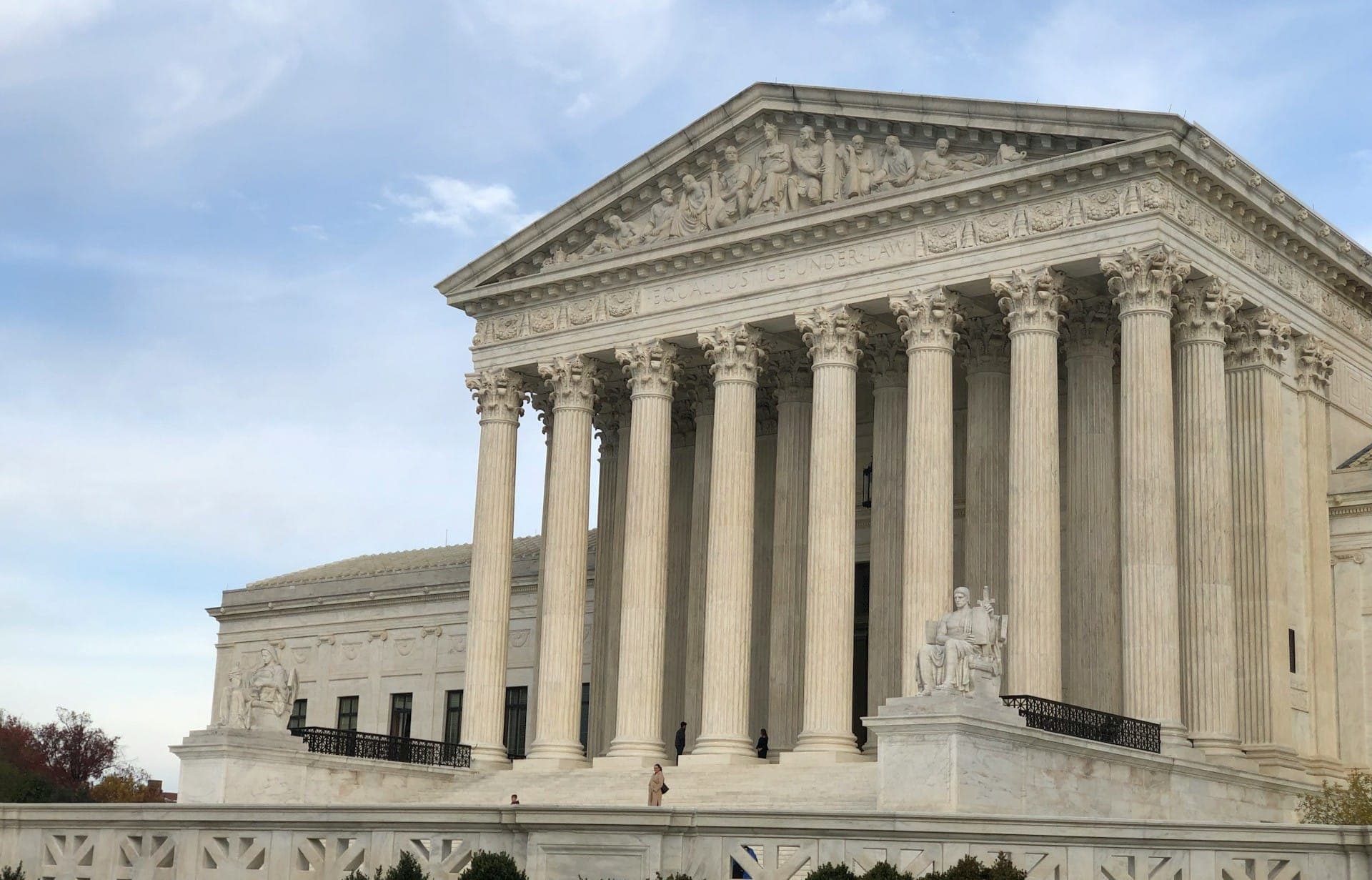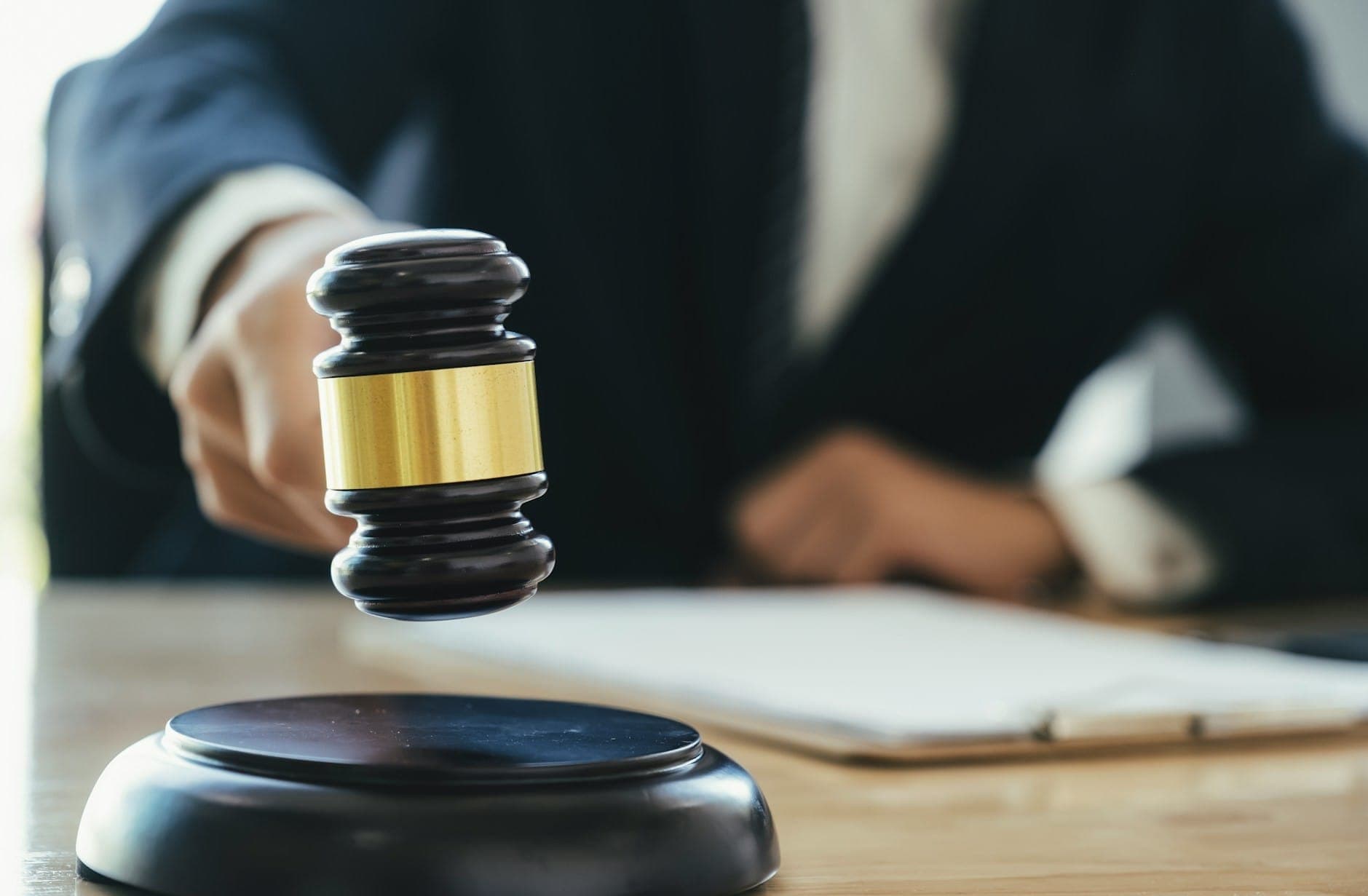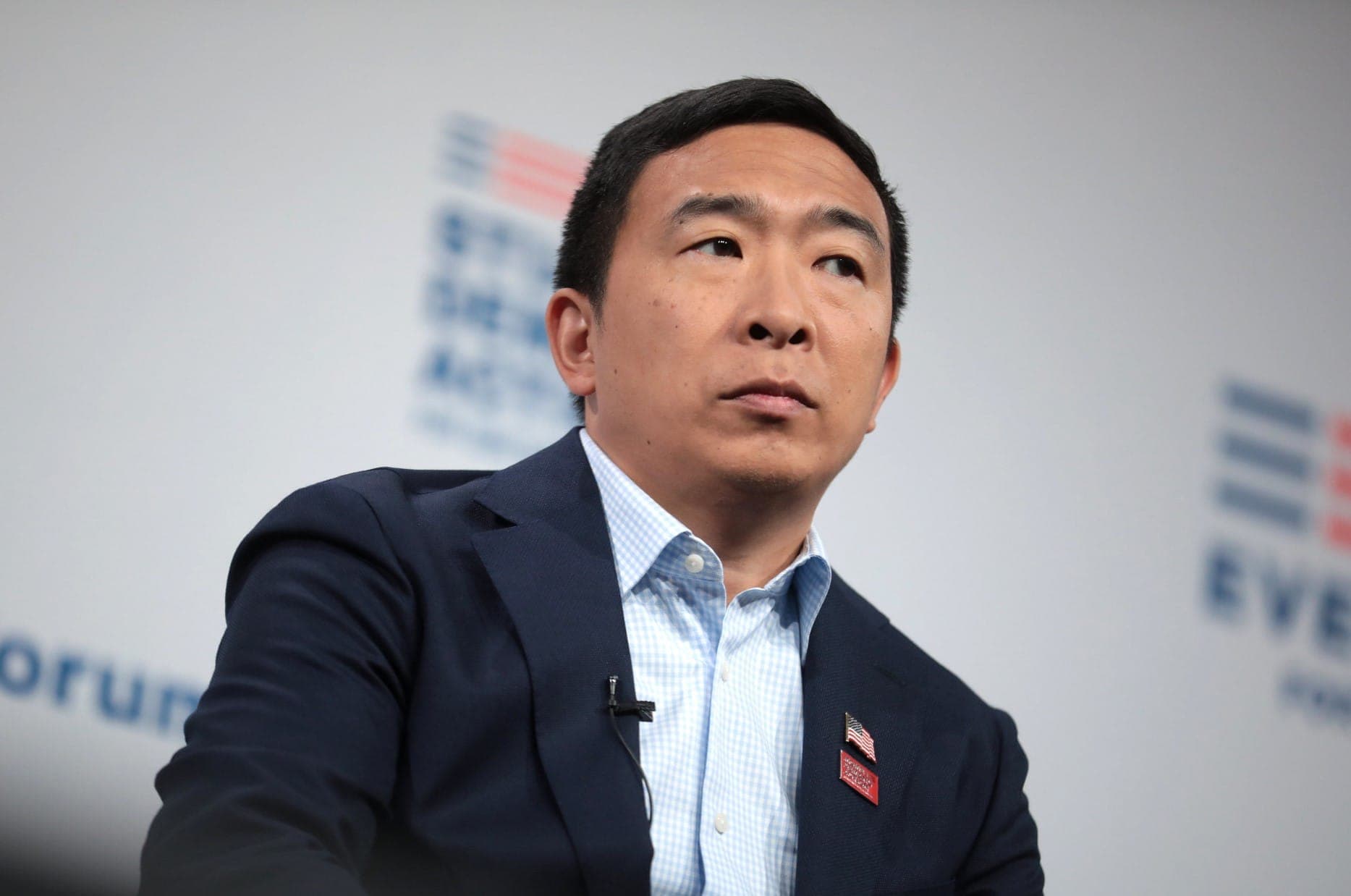SCOTUS Ruling: States Cannot 'Protect Democracy' By Limiting Voters' Choices on the Ballot

Photo Credit: Joshua Woods on Unsplash
The Supreme Court of the United States unanimously ruled Monday that former President Donald Trump's name must remain on the Colorado Republican presidential primary ballot. The ruling, however, had much broader implications than just Trump.
The majority opinion held that states do not have the right to kick any candidate running for federal office off the ballot -- ruling that such authority resides with Congress.
Trump called the decision a "big win for America" on his Truth social platform. Meanwhile, Colorado Secretary of State Jena Griswold expressed her disappointment, stating on Twitter that "Colorado should be able to bar oath-breaking insurrections from our ballot."
All 9 justices agreed to reverse court decisions out of Colorado -- including from the state's Supreme Court -- to remove Trump from the presidential ballot on the grounds that he was disqualified under the insurrection clause of the 14th Amendment.
Section 3 of the 14th Amendment to the US Constitution states:
"No person shall be a Senator or Representative in Congress, or elector of President and Vice-President, or hold any office, civil or military, under the United States, or under any State, who, having previously taken an oath, as a member of Congress, or as an officer of the United States, or as a member of any State legislature, or as an executive or judicial officer of any State, to support the Constitution of the United States, shall have engaged in insurrection or rebellion against the same, or given aid or comfort to the enemies thereof. But Congress may by a vote of two-thirds of each House, remove such disability.
The Colorado courts determined that the events at the nation's capital on January 6, 2021, disqualified Trump from seeking re-election. SCOTUS, however, concluded that states do not have the authority to enforce Section 3.
“For the reasons given, responsibility for enforcing Section 3 against federal officeholders and candidates rests with Congress and not the States," SCOTUS ruled. "The judgment of the Colorado Supreme Court therefore cannot stand."
Read the full decision.
The court was divided on the extent to which the ruling should apply. The majority held that states cannot remove candidates running for any federal office from the ballot period, while 4 justices said the scope of the ruling should have been limited.
“We conclude that States may disqualify persons holding or attempting to hold state office," the majority wrote. "But States have no power under the Constitution to enforce Section 3 with respect to federal offices, especially the Presidency."
“Nothing in the Constitution delegates to the States any power to enforce Section 3 against federal officeholders and candidates," they added. The majority further ruled that Congress must pass a law on Section 3 enforcement.
Justices Sonia Sotomayor, Elena Kagan and Ketanji Brown Jackson agreed that kicking Trump off the Colorado ballot would "create a chaotic state-by-state patchwork, at odds with our Nation’s federalism principles. That is enough to resolve this case."
However, they also argued that the court's majority opinion "shuts the door on other potential means of federal enforcement" of Section 3. "We cannot join an opinion that decides momentous and difficult issues unnecessarily," they said.
Justice Amy Coney Barrett sided with the minority on the matter but wrote alone when she said that the case "does not require us to address the complicated question whether federal legislation is the exclusive vehicle through which Section 3 can be enforced.”
Because of the broad scope of the ruling, Trump's name will remain or be restored to the Colorado, Illinois, and Maine ballots. It also resolves any remaining challenges that were filed in at least 36 states to Trump's candidacy.
 Shawn Griffiths
Shawn Griffiths






